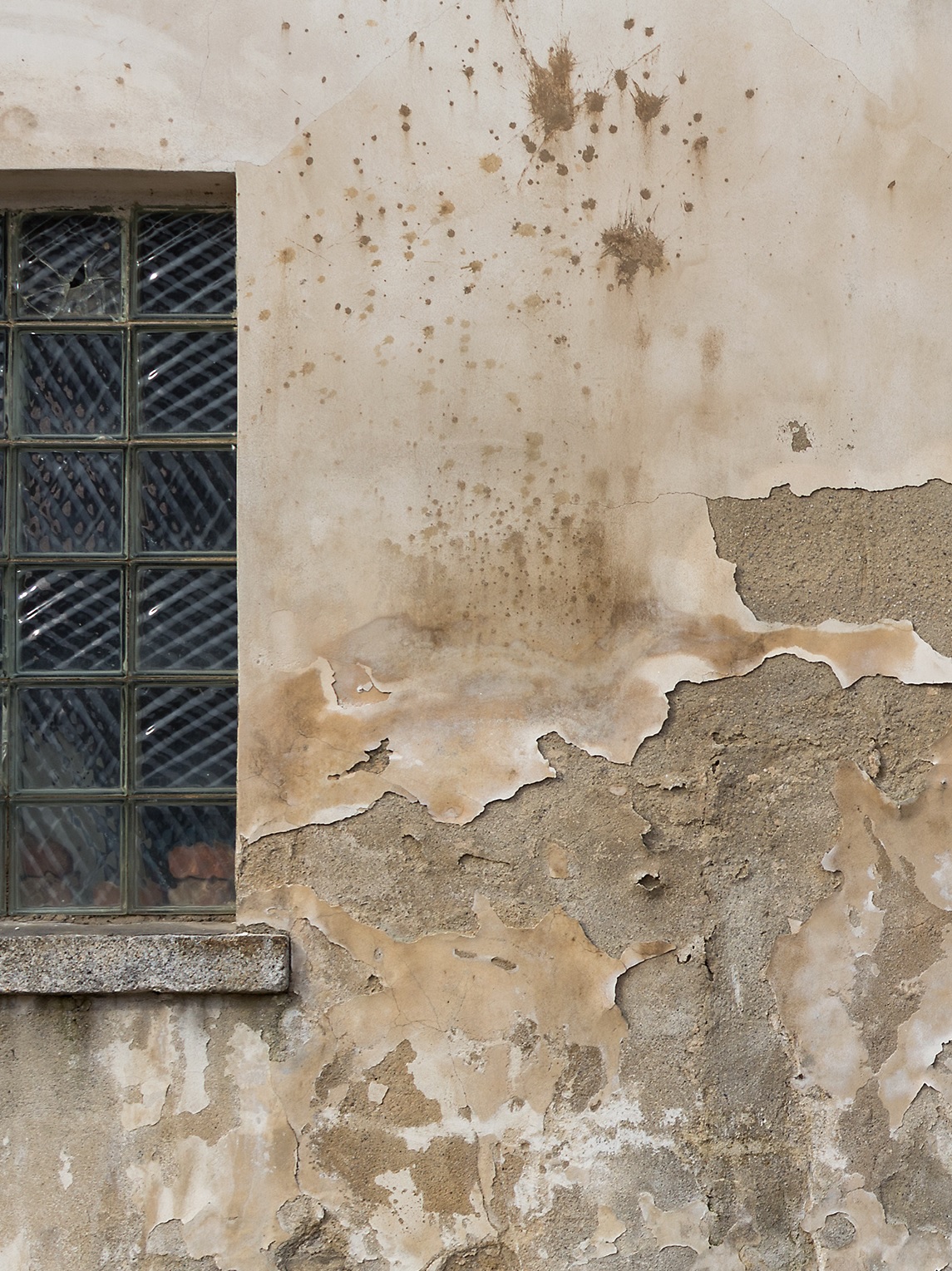
"Segunda ou Terça" foi lançado em 1921 e é a única coleção de textos curtos de Virginia Woolf. Os contos foram lançados originalmente em gravuras em madeira criadas pela irmã de Virginia, Vanessa Bell. As gravuras, entretanto, traziam erros de grafia e foram amplamente criticadas.
Em "Segunda ou Terça", além do conto que dá nome ao livro, estão outros sete. Os contos representam um grande desvio estilístico em relação a seus romances realistas anteriores e, de certa maneira, são a senha para se entender a reinvenção, por Woolf, do romance moderno nos anos 20.
A própria autora explicou sua abordagem, no seu texto Ficção Moderna, de 1919: "Avalie por um momento uma mente ordinária num dia ordinário. A mente recebe uma miríade de impressões - triviais, fantásticas, evanescentes, ou gravadas com a agudez do metal. De todos os lados elas chegam, uma torrente incessante de inúmeros átomos; e, ao cairem, eles se moldam na vida de 'Segunda ou Terça'."
"Segunda ou Terça" traz vários dos elementos que viriam a caracterizar a prosa de Virginia Woolf, como a técnica do fluxo de consciência e os fragmentos impressionistas. É uma adição importante para qualquer amante do trabalho de Woolf, ou dos grandes ficcionistas em geral.
Genre: FICTION / Contemporary Women
A HAUNTED HOUSE
Whatever hour you woke there was a door shutting. From room to room they went, hand in hand, lifting here, opening there, making sure--a ghostly couple.
"Here we left it," she said. And he added, "Oh, but here too!" "It's upstairs," she murmured. "And in the garden," he whispered. "Quietly," they said, "or we shall wake them."
But it wasn't that you woke us. Oh, no. "They're looking for it; they're drawing the curtain," one might say, and so read on a page or two. "Now they've found it," one would be certain, stopping the pencil on the margin. And then, tired of reading, one might rise and see for oneself, the house all empty, the doors standing open, only the wood pigeons bubbling with content and the hum of the threshing machine sounding from the farm. "What did I come in here for? What did I want to find?" My hands were empty. "Perhaps it's upstairs then?" The apples were in the loft. And so down again, the garden still as ever, only the book had slipped into the grass.
But they had found it in the drawing room. Not that one could ever see them. The window panes reflected apples, reflected roses; all the leaves were green in the glass. If they moved in the drawing room, the apple only turned its yellow side. Yet, the moment after, if the door was opened, spread about the floor, hung upon the walls, pendant from the ceiling--what? My hands were empty. The shadow of a thrush crossed the carpet; from the deepest wells of silence the wood pigeon drew its bubble of sound. "Safe, safe, safe," the pulse of the house beat softly. "The treasure buried; the room ..." the pulse stopped short. Oh, was that the buried treasure?
| Language | Status |
|---|---|
|
Italian
|
Already translated.
Translated by Chiara Benedettini
|
|
Spanish
|
Translation in progress.
Translated by Santiago Arbizu
|